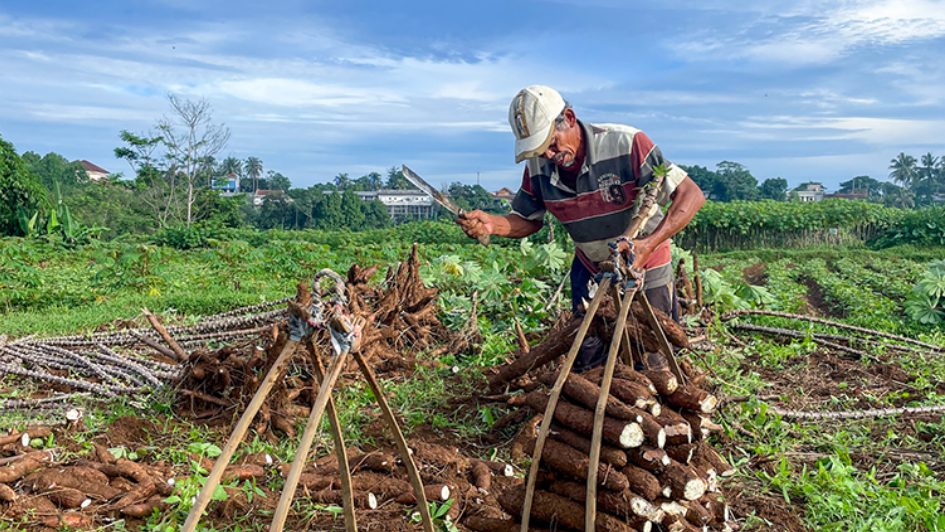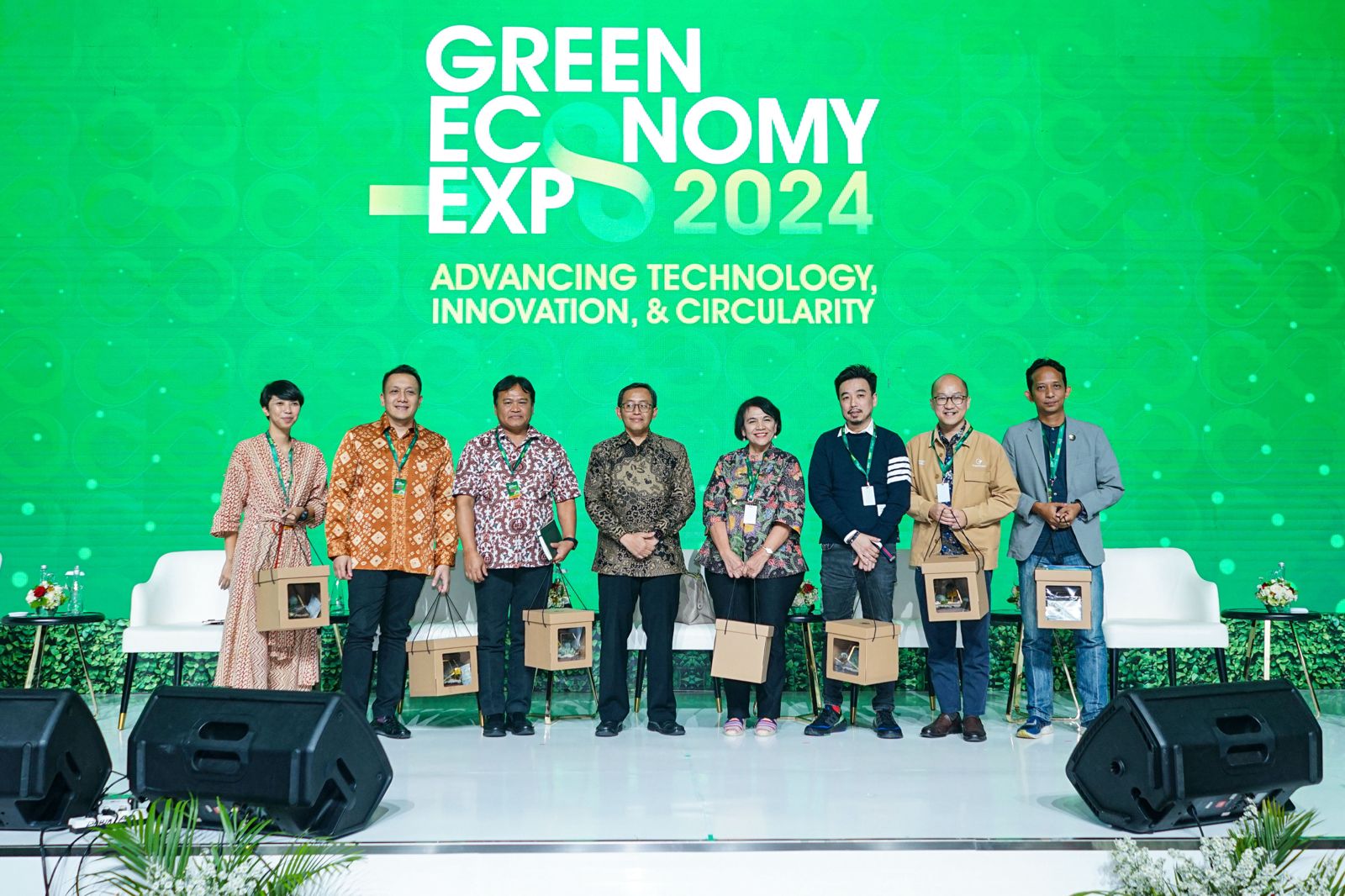Greenhope Understands Its Technology Solution As Just One Piece Of The Overall Goal To Change The Systems Of Plastic Use And Recyclin
Monday, 20 January 2020Greenhope seeks to replace traditional plastics in the value chains of single-use products with special plastics containing an additive that accelerates degradation – adding “return to Earth” to the other “Rs” of reduce, reuse, and recycle to help tackle the massive plastic waste pollution problem.
Greenhope’s aspiration to change the way plastic is used depends on funders who use their network and thereby amplify Greenhope’s message to universities, government agencies, and retailers. By facilitating these connections instead of only focusing on expanding the business, funders help pave the way for change in policies – like the first-ever European Strategy for Plastics in a Circular Economy – and business practices – like prohibitions on non-biodegradable plastic bags in grocery stores.
A complete shift of all single-use, non-biodegradable plastics – which currently represent 81 percent of total annual primary (i.e., nonrecycled) plastics production to biodegradable plastics would eliminate 211 million tons of waste in 2020. Assuming that plastic production increases to 460 million tons per year by 2030, the cumulative amount of waste which can be eliminated by biodegradable plastics between 2020 and 2030 is about 5,080 million tons by 2030.



